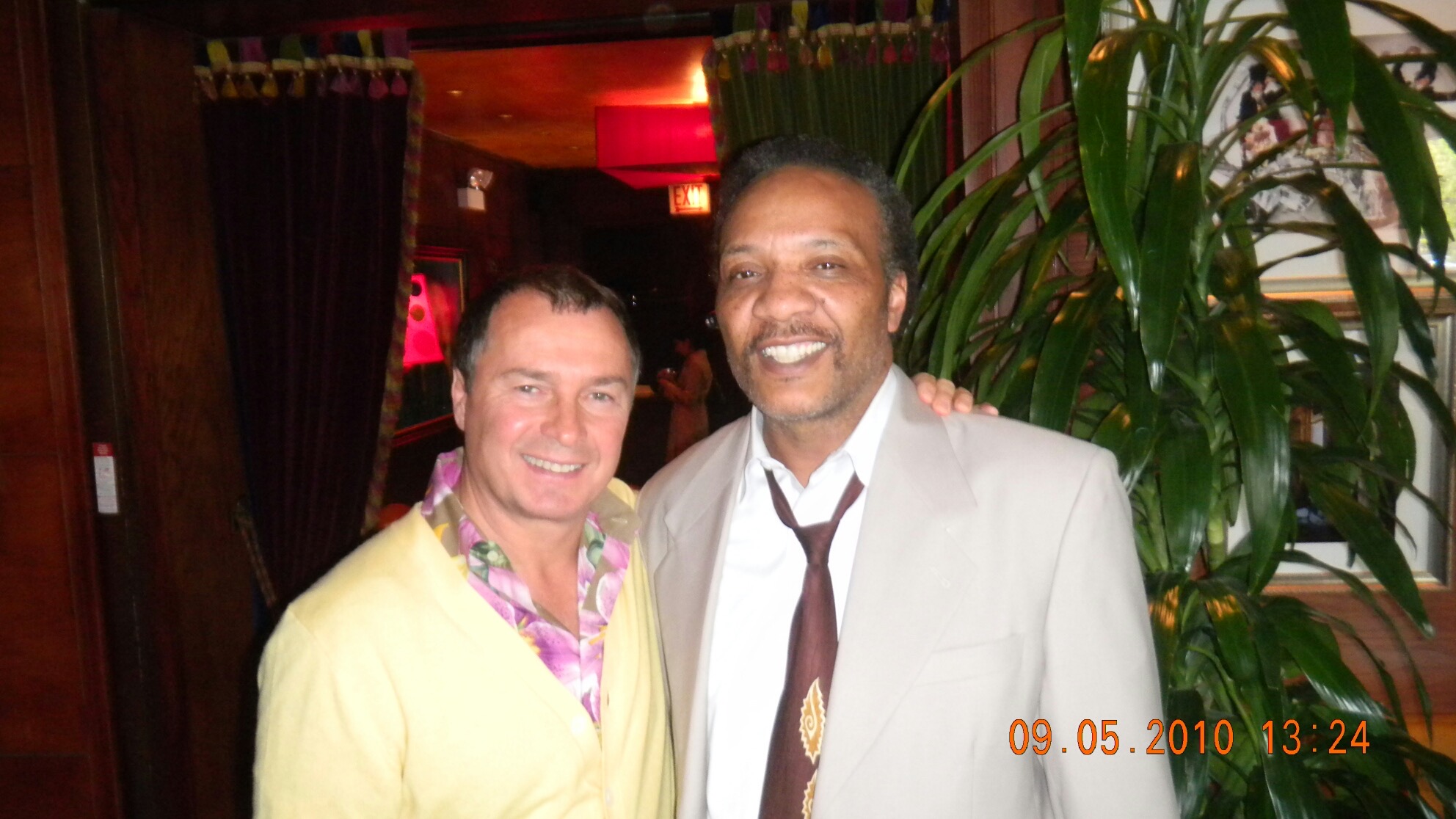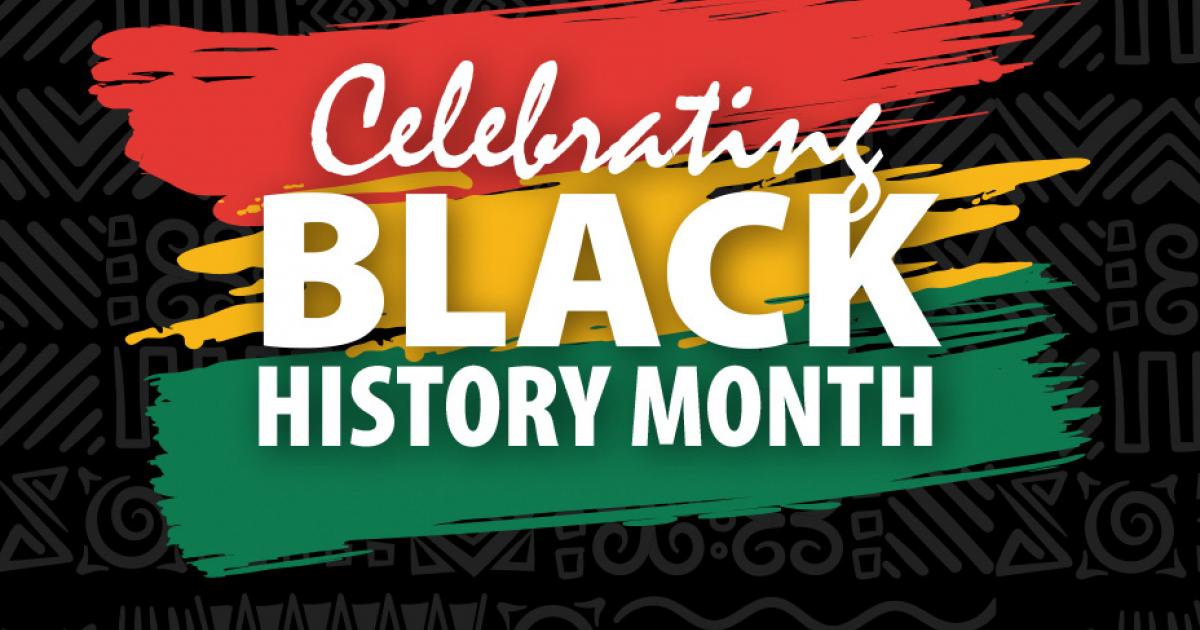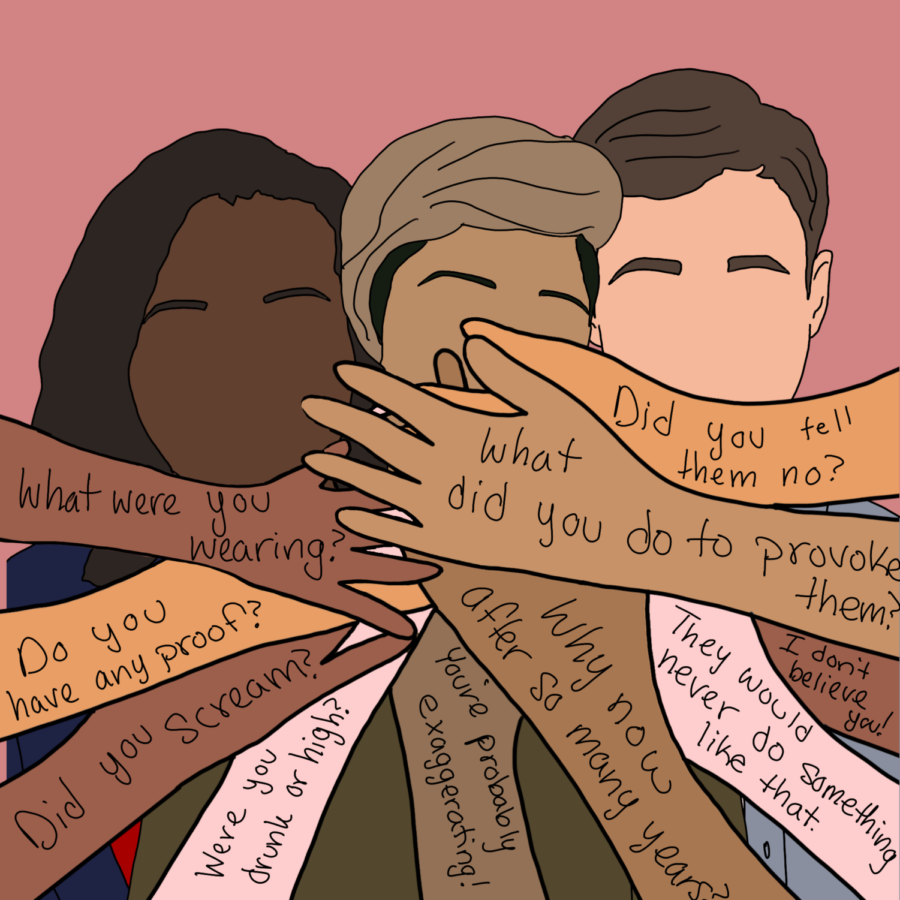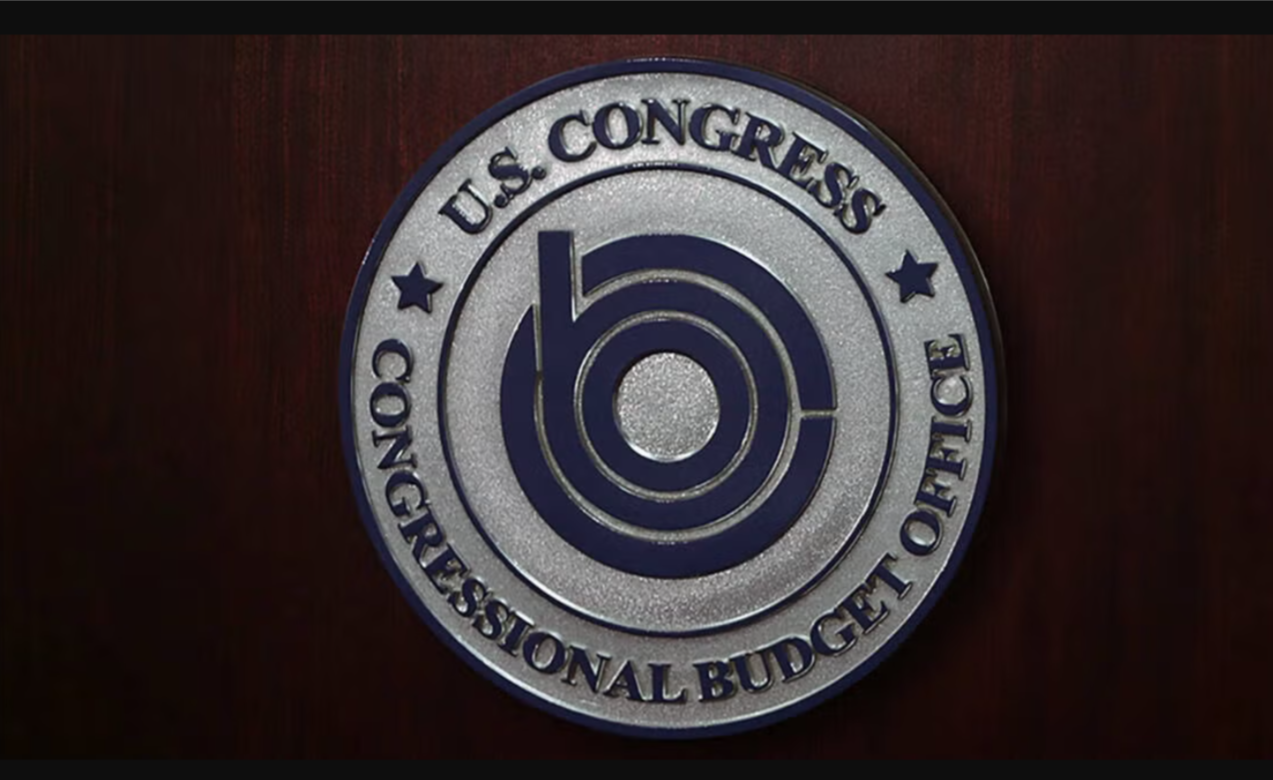(ThyBlackMan.com) My brother Glen was a talented basketball player in high school. We grew up poor, but never lacking in Christian values thanks to the watchful eye of our mother. I, the author, was a so-so athlete when it came to basketball, but like the popular Avis car rental commercial of that era—I tried harder.
Glen always displayed confidence in his game, often engaging in playful trash talk throughout. “Foul! What are you trying to do, kill me?” he’d shout at an aggressive opponent. “If your mama were watching this game, she’d agree with me!”
Even though I played on the “B” team, Glen always chose me for 3-on-3 neighborhood pickup games. My only regret was that some of our victories came at the expense of teams that didn’t appreciate his trash talk. Occasionally, those games would spiral into fights with sore losers.

Glen had a signature move: an over-the-shoulder, no-look bank shot that was both notorious and accurate. He’d break it out when we were ahead and wanted to end the game quickly. As the shot soared through the air, he’d shout, “Who next?”—a signal that the game-winning shot was in motion. And yes, it usually landed. My only concern was how opposing teams reacted to his confident flair.
On the court, Glen was an entertainer with a solid reputation—minus the bravado. Even in our youth, he believed in a principle that still rings true today: always have a Plan B. He had a knack for quick exits, especially when Mom called us in for dinner. “Alright, we’ll see you chumps later when we get done eating!” he’d say. I’d laugh loudly and pat him on the back—partly to back him up, partly to defuse any tension from irritated opponents.
One day I asked, “Why do you always yell ‘Who next?’ after that last shot?”
“It destroys the opponent’s confidence,” he said. “And it sends a message to the next team: don’t even try it.”
Trying to play the role of future educator, I asked, “Can’t you at least say it grammatically? ‘Who’s next?’”
“Wait…what?” he replied. “I’m trying to win a basketball game, not a grammar test!”
Fast forward to adulthood: Glen is now a wealthy man. He always had a mind for business, both on and off the court. That same sharp thinking allowed him to invest in properties across Chicago—from the West Side to Chinatown, the prestigious South Loop, and even Oak Park. Unlike me, who pursued a career in education, Glen’s backup plan didn’t involve relying on raw basketball talent. He turned to real estate—and succeeded.
You might say Glen was the exception that proves the rule: one must always have a backup plan for life’s twists and turns.

His rags-to-riches story, though personal, is a powerful message for aspiring inner-city youth. And it leads us to the core question of this research:
Who Next? Part Two: More Than the Game
For generations, sports have been both a refuge and a launching pad for Black boys in America. Be it on a neighborhood basketball court or a Friday night football game under bright stadium lights, participation in athletics often represents hope, opportunity and success. Yet, during our mentoring classes with young Black boys, one phrase keeps coming up — the overwhelming focus on sport, at the expense of academic success and future career strategies.
In the context of Who Next? Part 1, we looked at the role of sports in shaping early identities and ambitions. But it also asked a crucial question: what now that the game is over? Who’s not only arriving in the spotlight with a jersey, but with a plan?
The Sports Dream as a Double-Edged Sword
The dream of being a professional athlete is enticing. With high-profile success stories, celebrity lifestyles and community adoration, it’s not hard to see why so many young Black boys see sports as a potential path out of poverty. But according to the N.C.A.A., just 1.6 percent of college football players and 1.2 percent of men’s college basketball players make it to the pro game. That means for every one boy who makes it pro, thousands more must find their way in life without the light they once trained for.
What’s even more disconcerting is how early this dream is planted. By elementary school, many young boys have had enough experience to be conditioned to see athletics as their main value. Coaches, family members, even teachers can reinforce this mindset by focusing praise on sports performance over academic excellence. Gradually, this settles into something like: Keep in mind, success is going pro.
The Educational Gap
This is at the expense of academic development done to the extreme of sports obsession. In many underdeveloped communities, resources go into sports programs while schools can’t afford funding for STEM clubs, college prep courses or mentorship programs. When education is framed as secondary to athletic performance, it sends a harmful message: Intelligence may be optional, but being athletic is mandatory.
Even those who are able to attend college on athletic scholarships tend to be academically underprepared. Without solid study habits, support structures, or defined academic objectives, many student-athletes find it hard to remain eligible or graduate. And for those without a career as a professional, this leaves them few options and a level of uncertainty about what happens next.
Cultural Conditioning and Media Influence
The media also influences what we perceive as success. Young Black boys very rarely get to see reflections of themselves as scientists, engineers or educators portrayed with the same esteem that we give to athletes or entertainers. (They often don’t show the years of practice, injuries, slip-ups or, in the cases of many successful athletes, what backup plans they have.) Social media compounds this phenomenon by glorifying the fortunes and fame of pro athletes without scruples. Please do not get me started on the adverse effects of the anti-Diversity, Equity and Inclusion club.
This cultural shaping occupies a narrow box in identity literacy: Be the baller, the rapper, the performer. But what if we made the definition of success bigger? What if, as a culture, we rejoiced in intellectual achievement the way we do in slam dunks and touchdowns?
Obverse Becomes Reverse: Educate to Reclaim Power
We must take education back as a powerful, honorable route to success. It means reframing how we talk to our boys, the narratives we tell them and the heroes we model for them. Community leaders, educators and parents need to be intentional about uplifting the engineers, MDs, educators and entrepreneurs in our circles.
Athletic academic mentorship programs can be particularly effective. Initiatives during after-school hours that set GPA goals, provide tutoring or bring professionals of color into the conversation also help to speak volumes. When young boys start to connect excellence in the mind with excellence in the body, their futures open up dramatically.
Financial literacy needs to be taught at an early age as well. For many young athletes a million-dollar contract is the greatest goal to achieve yet they possess no experience budgeting, investing or managing wealth. With financial education in addition to academic tutoring, we give our youth lessons to succeed that will serve as a springboard for lifelong success — whether they go pro or not.
The Role of Mentorship
Personally, with this writer, it started in 1995 while working as a new teacher on the west side of Chicago, with the help of a fraternity brother who just happened to be an attorney with a shared capacity to educate youth in the inner city. We started a program called From Boys to Men Network Foundation. It is alive and well today. Mentorship is critical. Many boys simply don’t know what is possible, because they haven’t been introduced to enough what-ifs. Exposure matters. When we give them STEM projects to tackle, instruct them how to tie a tie, take students to college visits, connect them with professionals, or help them create resumes, we demystify the routes to success outside of sports.
In all programs, mentoring and otherwise, it’s imperative to have the emotional and psychological aspects of identity as early in the game as possible. For a kid who’s been labeled a “star athlete” his whole life, transitioning that identity to “college-bound scholar” or “young entrepreneur” takes time and deliberate work. These boys need to know they are worth so much more than their physical prowess.
From Academic Champs to Champs in Life
Let’s make it normal to celebrate academic excellence as we do sports victories. Have awards for the most improved GPA. Be sure to spotlight students who are admitted to college or trade school. Share stories of successful Black men and women whose contributions to medicine, law, tech, and public service have had an impact on the world.
Representation matters. A seed is planted when a young boy sees someone who looks like him running a business meeting, creating video games or constructing homes. That image becomes potential.
What Schools & Communities Can Do
Some schools have started to implement this awareness through culturally responsive teaching and hiring diverse educators, as well as academic environments that affirm Black identity. Communities can collaborate with organizations — such as nonprofits, businesses and foundations — to fund scholarships, internships and enrichment programs, which can be tailored to meet the needs of discoverable opportunities that exist in a region.
Job-shadow. Local businesses might be willing to offer to job shadow. Career days for faith-based groups. Parents can foster reading, restrict screen access, and set lofty goals. It is a mission for the community as a whole.
Conclusion: Forging A New Vision Of Greatness
As mentors, parents and leaders, we must expand what young Black boys think is possible. Yes, promote the athletic ability. Cheer at the games. Support their passions. But remind them that intelligence, discipline, and creativity can be just as powerful — and, more often, more sustainable — than athletic talent.
We owe it to the next generation to describe a vision of greatness that encompasses doctors, lawyers, engineers, inventors, educators and chief executives. And they are looking to us to lead the way.
So the question is: Who’s next? Not necessarily the next Olympian, the next entertainer or star athlete. But the next innovator. The next leader. The next world-changer.
Let’s remind them America that they can be all of that — and more.
Associate Editor; Stanley G. Buford
Feel free to connect with this brother via Twitter; Stanley G. and also facebook; http://www.facebook.com/sgbuford.
Also his email addy is; StanleyG@ThyBlackMan.com.

















The main level up that African African Americans must do is excercise their second amendment right by legally purchasing guns, rifles, shot guns, high power rifles, pistol, ammunitions, Kevlar helmets, body armored and survival gear becasue we are now in the year 2025 where the arrival of President Trump has created lots of tension and anger among white people which in turn will end up affecting the lifelihood of all African Americans.
We must be ready and prepared to die and fight for our black freedom and the protection of our black Christian children who are the future of black America. No African american should bend the knee to any racist white american or hispanic who wishes nothing but death and destruction of our black boys in America. We must be ready and stop them at any cause; Moreso, No black men, women or LGBT Should ever allow or standy and watch a white men, hispanic men or any other race put their hand around the neck of a black person with the attempt of choking that black person out. We should stop it by any means necessary to include using a weapon such as a gun, knife, pepper spray, baseball bat, tire iron, biily clup in order to preven another George floyd incident or the choking of the black Michael Jackson impersonator who was choke to death by a racist white marine scumbag soldier and who today is wlalking free bragging about killing a negro on a train.
Black men must invest their time in improving their relationship with their black women, girlfriend, wife, children etc.. We must married withing our race, we must support eeach other and not partake in swirling with other races. We must send out black chidlren to black owned schools and HBCU’S, we must deposity our hard earn money in black owned banks in America and abroad and we must create and build our own cities and towns that are control by black people for black people.